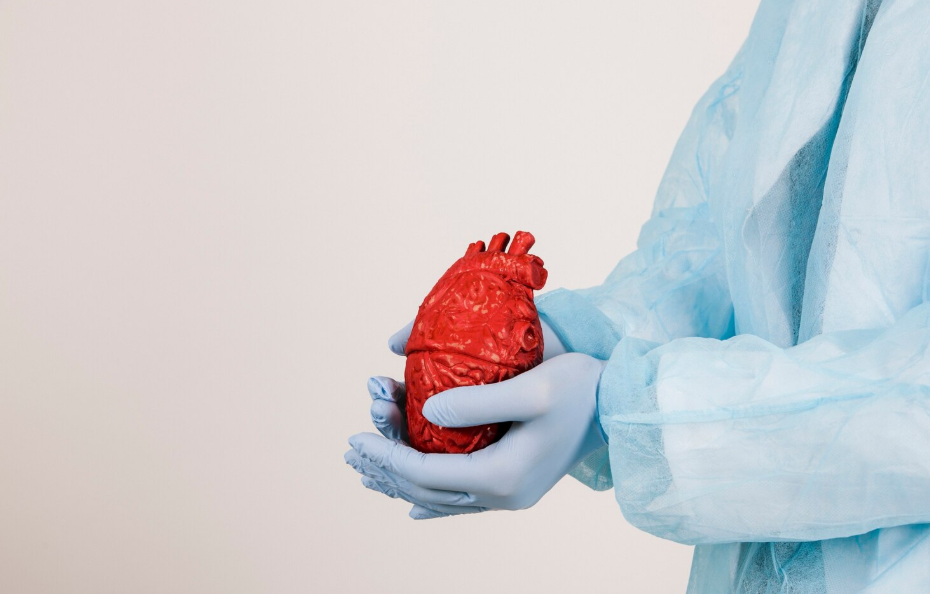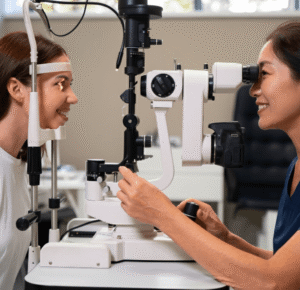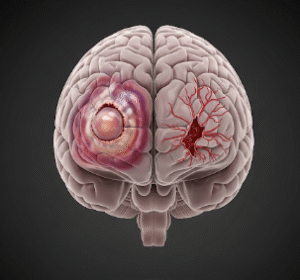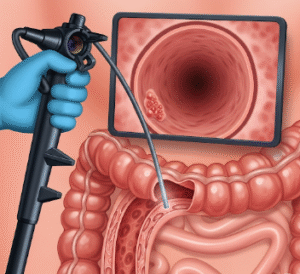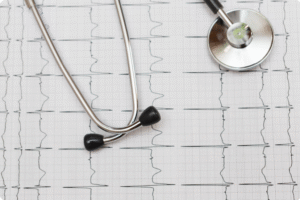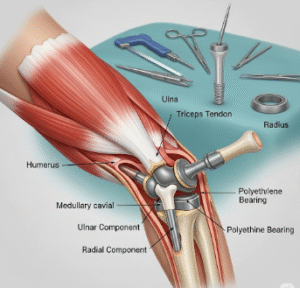Overview
Coronary heart disease (CHD), also known as coronary artery disease (CAD), is a condition where the coronary arteries that supply blood to the heart become narrowed or blocked due to plaque buildup (atherosclerosis). CHD is a leading cause of heart attacks and can result in serious complications if left untreated. South Korea provides advanced cardiac care with state-of-the-art diagnostics, interventions, and preventive programs.
What is Coronary Heart Disease?
CHD occurs when the coronary arteries are narrowed or blocked, reducing blood flow to the heart muscle. This can cause angina (chest pain), heart attacks, or heart failure. The disease develops gradually over years and may remain asymptomatic until significant blockage occurs.
Symptoms
- Chest pain or discomfort (angina)
- Shortness of breath
- Fatigue during physical activity
- Palpitations
- Nausea or sweating
- In severe cases, sudden heart attack
Causes
- Atherosclerosis (plaque buildup in arteries)
- High blood pressure (hypertension)
- High cholesterol levels
- Diabetes mellitus
- Obesity and metabolic syndrome
- Sedentary lifestyle
- Smoking and alcohol use
- Family history of heart disease
Risk Factors
- Age over 45 for men, 55 for women
- Male gender (higher risk than women before menopause)
- Genetic predisposition or family history
- High LDL cholesterol or low HDL cholesterol
- Hypertension
- Diabetes
- Smoking or exposure to second-hand smoke
- Obesity and physical inactivity
Complications
- Heart attack (myocardial infarction)
- Heart failure
- Arrhythmias (irregular heartbeats)
- Stroke due to embolism
- Sudden cardiac death
Prevention
- Maintain a heart-healthy diet low in saturated fats and cholesterol
- Exercise regularly (at least 150 minutes of moderate activity per week)
- Avoid smoking and limit alcohol consumption
- Control blood pressure, blood sugar, and cholesterol levels
- Regular health screenings for early detection
- Manage stress and maintain a healthy weight
Treatment Options in Korea
South Korea provides comprehensive cardiac care through hospitals equipped with advanced diagnostic and interventional facilities:
- Diagnosis
- Electrocardiogram (ECG)
- Echocardiography
- Coronary angiography
- Cardiac CT or MRI
- Blood tests for cardiac biomarkers
- Medications
- Antiplatelet agents (aspirin, clopidogrel)
- Statins to lower cholesterol
- Beta-blockers and ACE inhibitors for blood pressure control
- Nitrates for angina relief
- Interventional Procedures
- Percutaneous coronary intervention (PCI) with stent placement
- Coronary artery bypass grafting (CABG) for severe blockages
- Lifestyle and Rehabilitation
- Cardiac rehabilitation programs to improve heart function
- Nutritional counseling and weight management
- Stress management and lifestyle modifications
Top Hospitals in Korea for CHD Care:
- Seoul National University Hospital, Cardiology Department
- Samsung Medical Center Heart Center
- Asan Medical Center Cardiology

